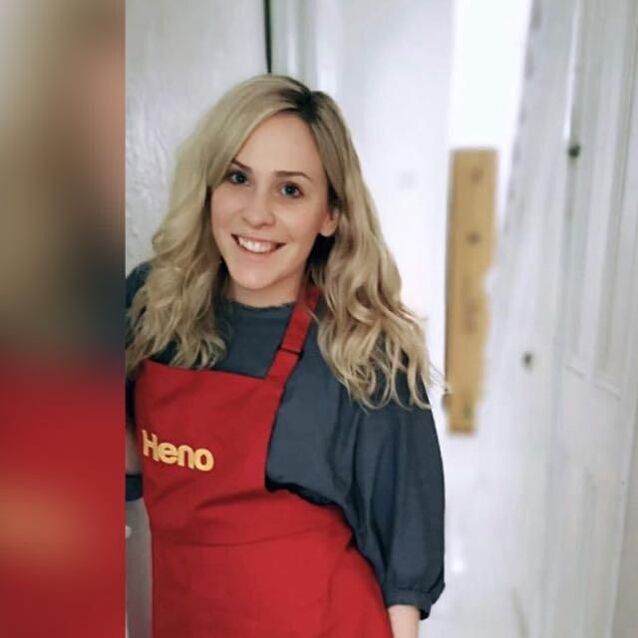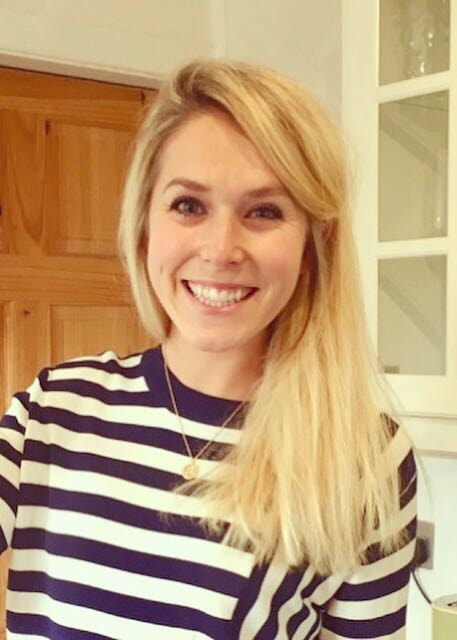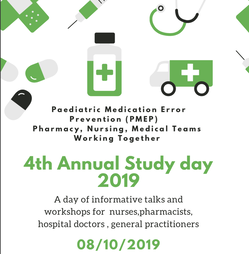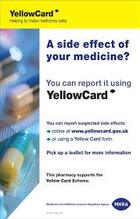|
Dr Tom Cromarty Editor Interests: Paediatric Emergency Medicine, Medical Engagement and Leadership, Simulation, Quality Improvement, Research Twitter: @Tomcromarty |
Welsh Research and Education Network
WREN BlogHot topics in research and medical education, in Wales and beyond
Dr Celyn Kenny Editor Interests: Neonates, Neurodevelopment, Sepsis, Media and Broadcasting Twitter: @Celynkenny |
|
Davide Paccagnella, ST3 Paediatric Trainee When I attended the 4th Annual Paediatric Medication Error Prevention (PMEP) Study day (which took place in Morriston Hospital, on 8th October 2019), I already knew that it was going to be a great experience! For the past four years, Morriston has achieved great results in the field of medication error reduction and prevention. They have done this by forming a revolutionary tripartite alliance between Paediatrics, Nursing and Pharmacology. It all makes sense – by nature, prescribing, administering, checking and supplying medication is a multi-disciplinary exercise, and improving the safety of these processes can only be achieved by working together across different specialties. This annual study day has become increasingly popular, year after year, with almost 100 registered attenders this time around. Which meant that, on the day, the lecture theatre was nearly full, making me feel like I was attending a national conference as opposed to a local study day! The morning was kick-started by Professor Philip Routledge, CBE, from the All Wales Therapeutics and Toxicology Centre. His keynote address provided us with a global perspective on drug manufacturing, testing and marketing. When it comes to prescribing, I did not know that the largest avoidable cost, worldwide, is non-adherence to prescribed medication! Prof. Routledge also highlighted important steps (often taken as a result of tragedy) that helped make drugs safer over the course of time. Some of these stories were very moving and sobering. Overall, it was a brilliant lecture, and I’m certainly hoping that Prof. Routledge will consider returning to Swansea to inspire us all, again, next year. We were privileged to have Alana Adams, Principal Pharmacist from the Welsh Medicines Information Centre, and Dr Alison Thomas, Medical Director of YCC Wales, who came to give us an overview of the Yellow Card Scheme. Perhaps unsurprisingly, it turned out that not many audience members had filled a Yellow Card out before – this lecture was therefore a necessary reminder of just how important it is to provide this information, and what reactions need to be reported. Judith Morgan, Interim Acute Care and Leadership Adviser from the Royal College of Nursing, talked about the “Swampy low lands of Practice” when managing medicines. It was a collection of striking examples of mismanagement, and highlighted the fact that even the most experienced healthcare professionals can make mistakes under time- and workload pressure. In the afternoon, we took part in a number of workshops, aimed at equipping us with the necessary skills to recognise, learn from, and take steps to avoid errors. I found all workshops useful, but I particularly enjoyed two: firstly, the one focusing on “change in action”, which highlighted the “power of habit” and made me realise just how difficult it can be to achieve a sustained change. The “seven steps” to deliver change were discussed, and thanks to the interactive nature of this session, I felt I could learn a great deal from colleagues. Secondly, the workshop focusing on personal reflections was particularly eye-opening as real-life events were discussed by the individuals directly involved – this led to a stimulating discussion, and some take-home messages we could all embrace. In summary, this study day was a great opportunity to reflect, learn, and network with colleagues from different specialties, working across Wales. I’d like to thank the founders of the tripartite alliance, Dr Pramodh Vallabhaneni, Rachel Issac, and Bhavee Patel, for their ongoing ground-breaking work in the field of medication errors prevention, and for organising such an inspirational event!
0 Comments
Leave a Reply. |
Editors
Dr Annabel Greenwood Categories
All
|







 RSS Feed
RSS Feed
